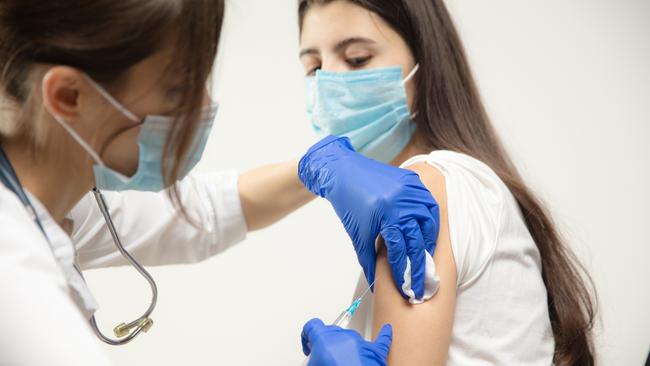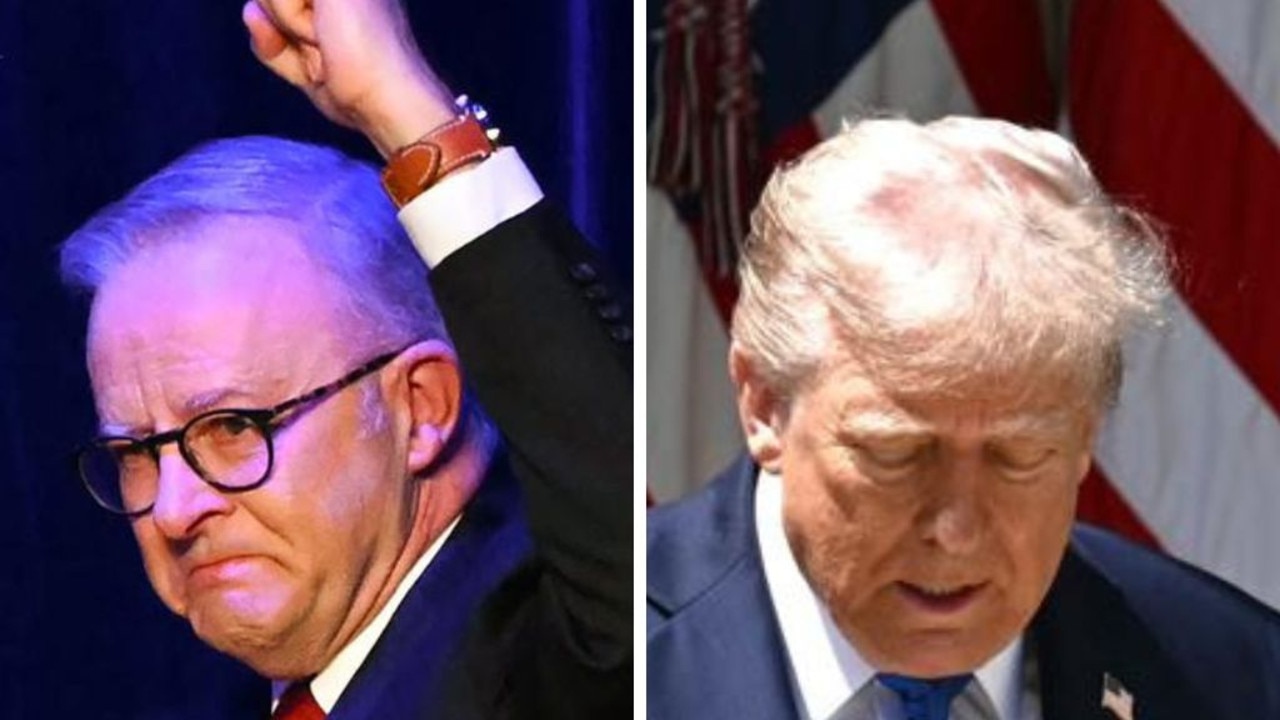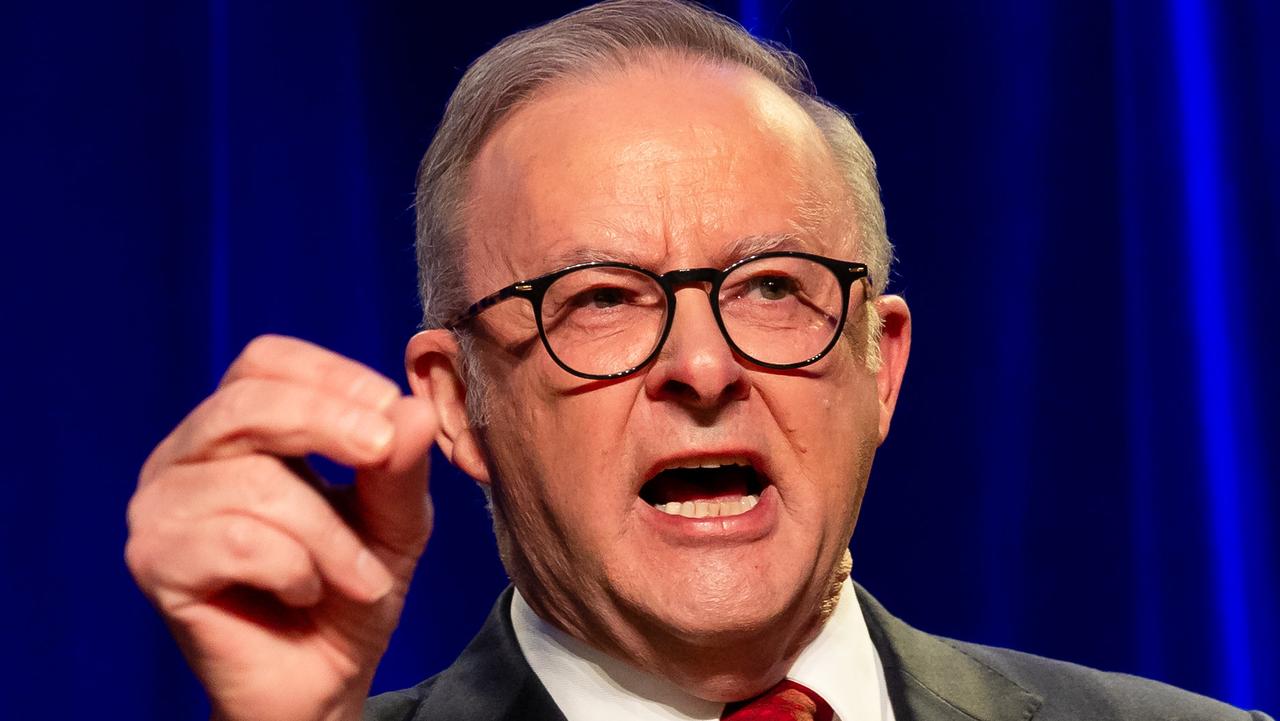Rebate rises, enrolling with a single GP: Medicare changes explained
More than $2 billion in changes to Medicare and other parts of the health system will be unveiled in the Federal Budget next week. Here we explain how they will affect you.

National
Don't miss out on the headlines from National. Followed categories will be added to My News.
The Government will announce more than $2 billion in changes to Medicare and other parts of the health system in the Federal Budget next week.
Health Minister Mark Butler announced some of the changes at the National Press Club on Tuesday. Here we explain how they will affect you.
WILL THE MEDICARE REBATE RISE IN THE BUDGET?
The Medicare rebate has not kept pace with inflation for over 40 years and now covers less than half the cost of vising a GP. Many doctors are abandoning bulk billing and patients are paying gap fees of $45 per visit.
There is a good chance the Medicare rebate you get for seeing a GP will rise in the budget for some patients. And for some types of consultations.
Health Minster Mark Butler hinted at a rebate increase yesterday “there’s more in the budget and health there’s more in the budget that reflects our strengths and Medicare agenda”.
He indicated any rebate rise would likely be directed to pensioners and concession card holders. This means the government is likely to increase the bulk billing incentive payment GPs get to encourage them to bulk bill these patients.
“At the top of my list of concerns is the declining bulk billing and what we’ve seen over the last four months or so increasingly, particularly a stories about pensioners, concession card holders,” the Minister said.
GP groups have also been arguing for an increase in the Medicare rebate for longer consultations or mental health consultations. Applying the increase to certain types of consultations is one way of limiting the cost.

WHAT IS MY MEDICARE?
My Medicare is a new system that will be introduced later this year where patients will have the option of formally enrolling with a single GP practice that will be responsible for overseeing their health care. Doctors will be paid an annual grant to provide comprehensive care packages for enrolled patients who have a chronic illness like diabetes, heart disease, asthma or arthritis. This money will cover regular check ups and preventive health programs to help ensure the patient’s condition does not get worse and require hospitalisation. For example it might ensure a diabetes patient gets regular checks from a podiatrist so they do not develop foot sores that might lead to them having a limb amputated, regular eye checks so they don’t go blind, plus help from a dietitian to control their blood sugar and weight.
Patients who enrol with a single GP will also get access to Medicare rebates for longer telehealth consultations.
Previous governments have tried similar GP enrolment programs for diabetes patients and another called Health Care Homes but they failed because doctors claimed they were not paid enough to carry out the care.
Asked what would be different this time Mr Butler said:
“We’ll take time to build we’re not in a rush to do it.”
He did not reveal how much a GP would be paid to provide the comprehensive care packages. This time the government is also giving GP’s new funding for after hours care, more money to employ nurses, physiotherapists and other health workers which could help the roll out of the program.

HOW WILL MY MEDICARE KEEP PEOPLE OUT OF HOSPITAL?
Currently there are around 13,000 patients known as “frequent flyers” who go to hospital more than 10 times a year. They will benefit from new incentive payments paid to their GP who will be tasked with providing care to keep them out of hospital.
WILL MEDICINE BECOME CHEAPER?
Yes. The government is changing the rules so patients can get 300 commonly used medicines in 60 day packs instead of the current 30 day packs. This will halve medicine bills for chronic conditions like heart disease and diabetes. General patients will save $180 a year for each medicine and pensioners around $43.
WILL THERE BE MORE HELP FOR PEOPLE BATTLING AN OPIOID DEPENDENCY?
Currently Australia’s health system subsidises drugs of addiction like opioids but not the medicines that help you get off them. Pharmacists charge $15 a day to provide medicines like methadone to people who need it
Under changes announced yesterday Australians with an opioid dependency will for the first time be able to get soon also get affordable and subsidised opioid treatment at their local pharmacy under a $500 million investment.
IS THERE A NEW CANCER SCREENING PROGRAM?
Yes. The government will fund a new screening program for lung cancer.
Under a national screening program people aged 55 and over (50 years old for Indigenous people) who are current or former smokers would get their GP to order a free scan called a low-dose computed tomography (CT scan) to check for cancer every two years until they turn 74.
It is estimated the program will save 12,000 lives in the first decade.

HOW WILL ACCESS TO VACCINES CHANGE?
Currently pharmacists can provide Covid and flu vaccines but other vaccines such as childhood vaccines are only subsidised if you get them at the doctor or local health clinic.
Under changes chemists will be able to provide all of the vaccines on the National Immunisation program, free of charge.
WILL TOBACCO TAXES RISE IN THE BUDGET?
Yes. Health Minister Mark Butler announced tobacco taxes would rise by five per cent a year raising over $3 billion. This will push the price of 20 cigarettes from $39 to $48 by 2026-27.
The money raised by the tax hike will not only drive more people to quit smoking it will give the government a war chest to spend on raising the Medicare rebate and help fund other reforms to Medicare.
WILL VAPES BE BANNED?
The government will introduce new import controls on vapes. Flavoured vapes for recreational use will be banned. Vapes will only be available on a doctor’s prescription for use in smoking cessation. They will have to meet strict new controls on nicotine levels, they will only have standard flavours and will have warning labels and plain packaging. Single use vapes will be banned.





